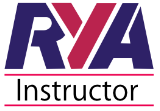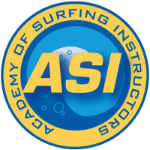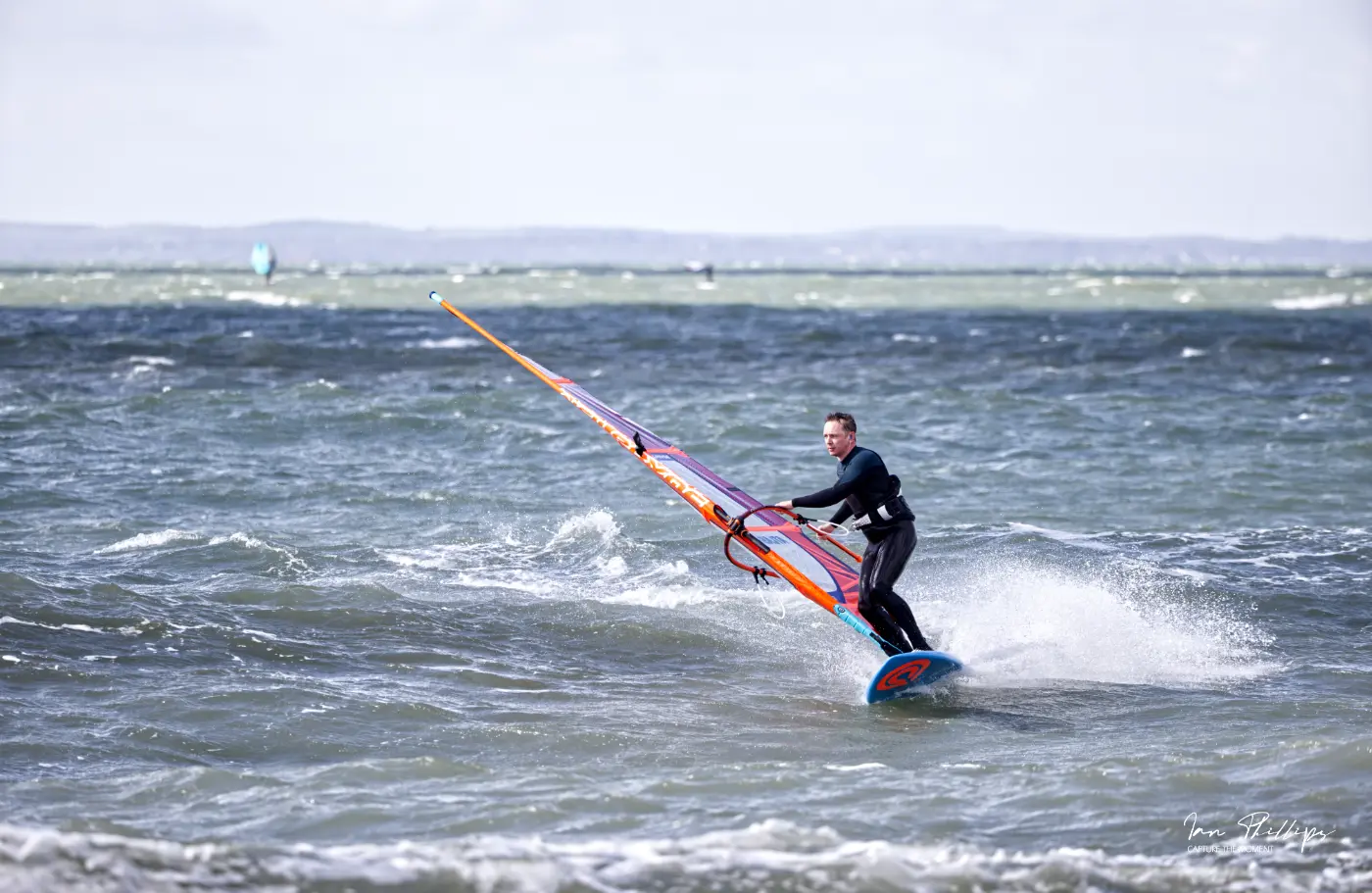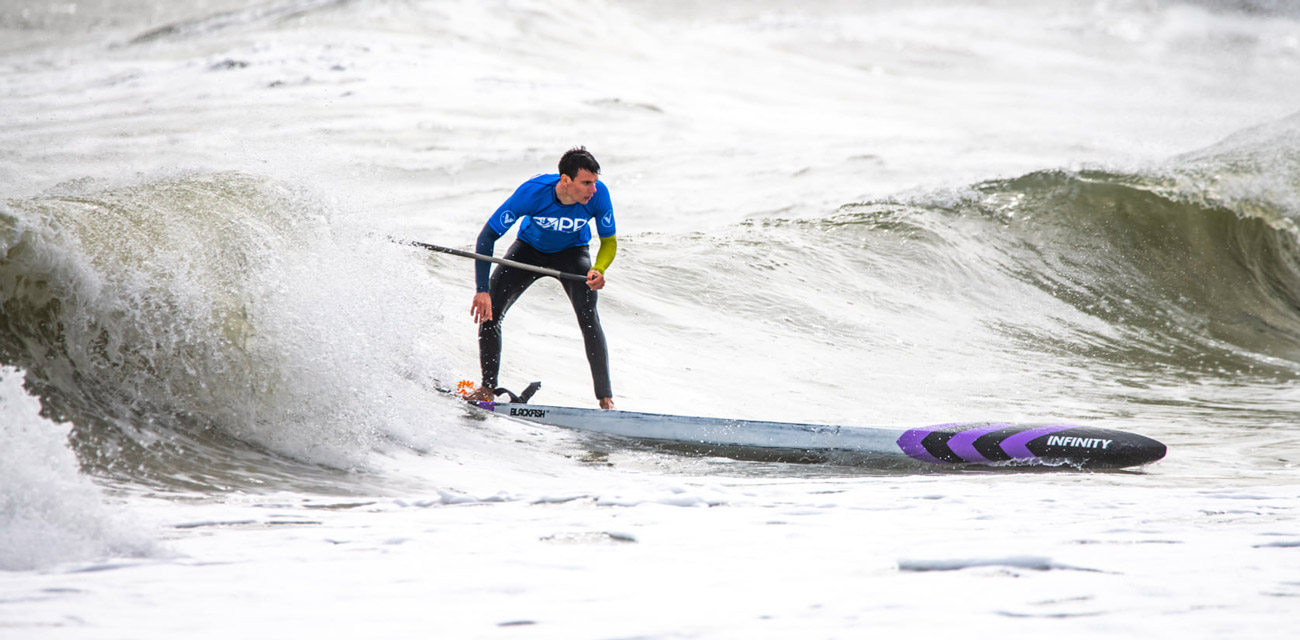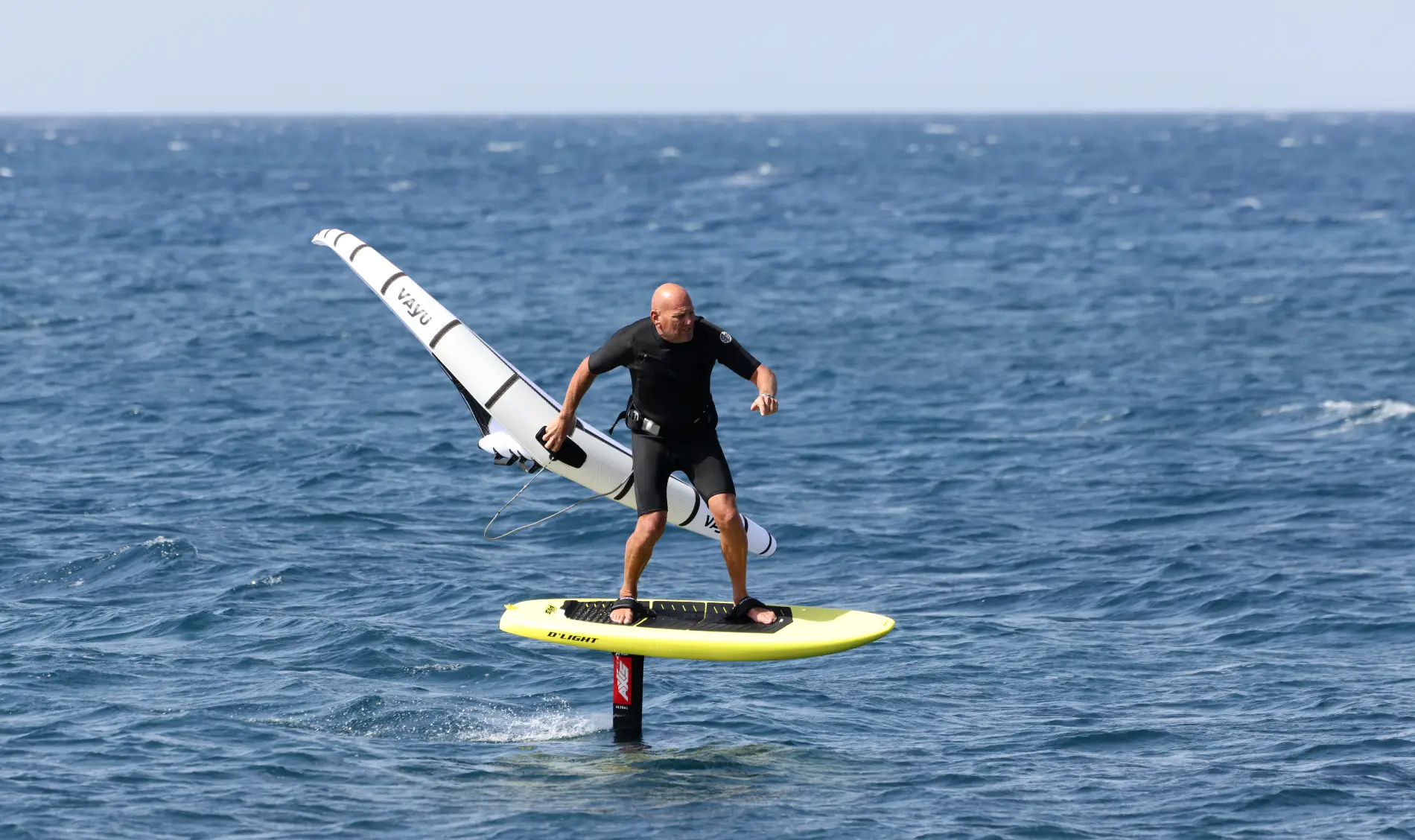Ian Phillips, Head Instructor, has been coaching watersports around the world for over 35 years and is qualified with the ASI and RYA at present.
In that time he’s seen a lot, done a lot and learnt a lot, but most importantly, he’s recognised what it takes to be Safe and Smart on the Water.
Qualified
Qualifications are important as you are able to validate yourself against an instructional system.
RYA or Royal Yachting Association was the organisation we chose to certify with for our Windsurfing lessons and Wing Surfing and Wing Foiling lessons.
They have a very staged training plan and long used methods, which they ask you to follow, which can take a total beginner to advancing sailor forwards in a safe way.
For Stand up paddle board lessons we chose the ASI Association of Surfing Instructors. Established in 2003, we chose the ASI as they’re the most widely recognised organisation, with so much all round experience and we’re not being drawn into ownership debates about paddle boarding.
Experienced
With so many training/governing bodies out there, it is easy for anyone to gain a qualification and wave a badge that says instructor, but does this really mean you’re ready.
My own answer on this is absolutely not – but why is that.
Low barrier to entry
If you take stand paddle board lessons, the barrier to entry for anyone to begin paddle boarding is really really low, compared to other watersports like windsurfing, but for those of us who have done a lot and spent many years on the water, we can bring so much to the table.
It’s all in the detail
The intricate details, awareness of the conditions and environment as well as a strong understanding of how people learn and understand along with the differences in peoples characters and physiology.
When you then move to a sport like windsurfing you find that experience shows us how important micro movements are and how they’re transferable from a total beginner to an advanced sailor and the moves. Something I am very fussy is the very basic uphauling to secure position – I don’t follow the RYA method for this as it is more too unstable and leaves the person in a vulnerable position, so I have developed my own methods and they are trained from the outset.
BBTalkin
Another thing you learn over time is how important it is to impart information and feedback at exactly the right time – this is something that has become a lot easier since using the BBTalkin headsets for our teaching.
Being out on the water so much and in so many varied conditions, from flat to waves, I feel it is important to stay seriously focussed from when the clients arrive til they leave your care. For me this means, staying sharp and in effect on edge, all the time your in charge of their care. I don’t want to drop my guard as once that happens, chances of incidents raise.
Common Sense
This goes with saying saying really – you need to have serious levels of common sense. You will find instructors who are very staged in their approach, but can they read a situation and adjust based on the changes being presented.
Risk assessing situations and pre-analysing the environments, tools you use and how you can continually better and improve the lessons and how it all works is something that comes from a feel for training and not from a book.
Running a safety boat
Running a safety boat has been a big part of the development of our lessons. It has allowed us to be more responsive and allow people to sail more freely without worrying about getting back to the start point. It’s always a tricky balance, but we’d rather you sail in a free way and then we help you get back . As your skills develop, this ability will come naturally.
